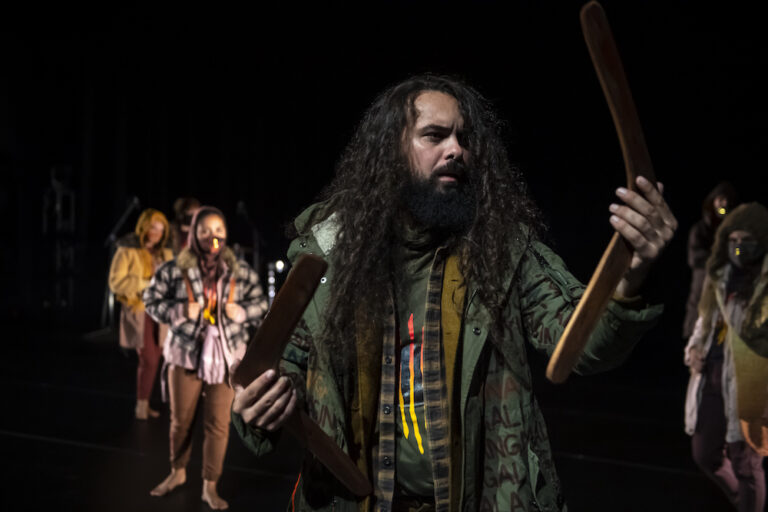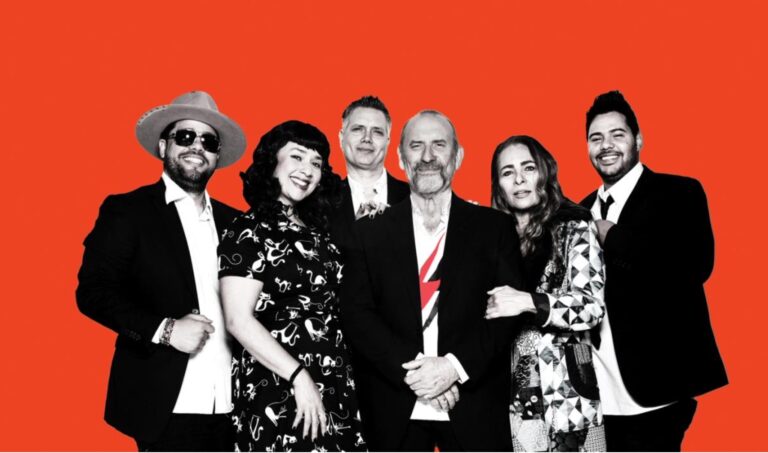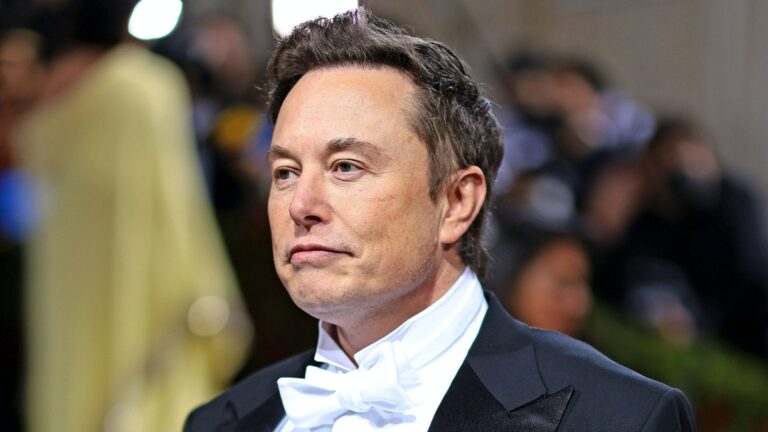
Sydney Electorate Profile

By ALLISON HORE
With the state election just two weeks away now, the race for Sydney approaches the finish line.
The seat of Sydney covers the City of Sydney council area and its surrounding suburbs. It includes the Sydney CBD, Pyrmont, Darlinghurst, Potts Point, Woolloomooloo, Paddington, Woollahra and parts of Ultimo and Surry Hills. It’s a relatively new seat, having only been created in 2007.
Mayor of Sydney, Clover Moore, held the seat from its inception until 2012 when the Coalition government prohibited the arrangement which allowed her to be both mayor and state representative.
After the resulting by-election, Alex Greenwich, another independent, won the seat. In the 2015 election he retained it with just under 40% of the primary vote.
The Liberal party came second to Mr Greenwich, with 32% of the primary vote, followed by Labor with 15%.
With the instability of the federal Coalition government and an overall swing towards independents, Mr Greenwich’s leadership seems to be safe.
Lyndon Gannon
But 28-year-old Liberal candidate Lyndon Gannon, who describes himself as a “moderate,” is confident about his chances. He hopes to be a part of a new generation of parliamentarians.
“You only have to look at NSW parliament, and other parliaments all around Australia, to see there’s a lot of grey hair there,” he told City Hub.
“Young people are the ones who are going to be left with the current trajectory that the government sets us on.”
Mr Gannon was raised in Sydney’s inner-west and worked as a street sweeper for Marrickville council. Now he is a small business owner and volunteers in a boxing outreach program at Parramatta PCYC.
He ran unsuccessfully for the seat of Balmain in 2015, but says he has always felt more affiliated with the seat of Sydney.
Jo Holder
Labor candidate Jo Holder says it’s the sale of public housing in Miller’s Point and the Rocks that will be on the minds of Sydney voters come election day.
Ms Holder is an art historian who lives and works in Darlinghurst. She is an active member of the Darlinghurst Residential Community Action Group and says has been on the “front line” fighting for public and affordable housing.
Alex Greenwich
The lack of affordable and public housing is also an issue close to Mr Greenwich. He believes that neither major party has done enough to address the issue of housing.
Mr Greenwich, who was born in New Zealand, has lived in Central Sydney since his family moved to Australia in 1987. Through his time in parliament he has been a strong advocate for the LGBTQIA community and played a key role in the marriage equality campaign.
Last year he took part in SBS’s TV program “Filthy Rich and Homeless” which gave him an “eye opening” first-hand experience into the realities that homeless people across NSW face.
“There’s concern about the hundreds of millions of dollars in stadiums in a time when homelessness is increasing [in NSW] at more than twice the national average,” says Mr Greenwich.
According to the 2016 Census, in NSW just under 50 people in every 10,000 homeless. This increased 37% since 2011.
In August last year 278 rough sleepers were counted in the City of Sydney. But rough sleepers only account for 7% of all homeless people, and Mr Greenwich would like protections for all homeless people and tighter regulations on boarding houses.
“There needs to be stronger outreach to boarding houses to get those people in need in boarding houses into safer accommodation,” he explains.
Mr Gannon also sees homelessness as a key issue in the Sydney area, and something that would be his “top priority” should he be elected. For him, it is seeing his brother go through struggles with homelessness and alcoholism that opened his eyes to this issue.
He says that having party backing gives him the footing he needs to tackle these important questions.
“It’s difficult for a cross bencher to get the most for their electorate, whereas if I was elected to parliament I’d be in government and I’d be able to advocate much more strongly for the constituents,” he explains.
But Mr Greenwich disagrees. He says that being an independent means he can fight on behalf of his constituents without being “silenced” by a party.
“What we’re able to do is to work with and hold accountable anyone who is in government and anyone who is the opposition. We’re not able to be muted like the major parties do,” he says.
“We work for our electors, we don’t work for a political party.”
Will the Liberal party’s young-gun be enough to pull them over the finish line or will the voters of Sydney will retain faith in their independent voice?
Candidate profile: Jonathan Harms
BY REMI TRAUERNICHT
Mental Health professional Jonathan Harms is the Greens candidate running for the city seat of Sydney. He has lived and worked in Sydney for 15 years and his career has taken him from plaintiff lawyer to policy advisor. Most recently he has worked for Mental Health carers NSW.
He supports the Greens’ environmental agenda and wants to build local renewable electricity generators, and incorporate better systems for the environment.
He tells City Hub one of his key areas of concern in the coming election is Sydney’s nightlife.
He believes the Liberal party’s “assault on fun” is getting out of control and that Sydney fails to address the root cause of the violence. He says that if elected the Greens will put pressure on the Government to end the lockout laws, end the crackdown on festivals, end the use of drug dogs and allow pill testing.
“They put lives at risk and will decimate our creative, hospitality and tourism industries,” he says.
Mr Harms supports a policy of harm minimisation as he believes the so-called “War on Drugs” has failed to reduce the harmful use of drugs and associated social impacts.
“The Greens stand for a harm minimisation approach… the most appropriate way to reduce the adverse health, social and economic consequences of drug or substance use for individuals and the community.”
When asked how this approach would work in a practical sense, he responded, “as a starting point, we would establish clear licensing and planning rules”.
“We would also develop measures to support residents and revellers at night, by things like better transport and toilet facilities and try to encourage a nightlife inclusive of all ages.”
If elected, Mr Harms says he will do his best to help the environment and restore Sydney’s nightlife. He says that he supports a change in government as he thinks the Coalition is failing to tackle environmental issues and support “vital” social programs like the Safe State Program.
“A minority Coalition government with Alt-Right support would be devastating,” he concludes.
Candidate profile: Fiona Douskou
By KYLE HUWALDT
Fiona Douskou is the Small Business Party candidate in the upcoming election for the seat of Sydney. Fiona is a resident of Potts Point and grew up in a small business family.
She believes that she will more than compensate for her lack of political experience by “bring[ing] a wealth of real life business experience to the role”.
In the past she has run her own businesses and worked as a business advocate in Sydney’s telecommunications industry.
Ms Douskou’s campaign is standard for the budding Small Business party. She is calling for the removal of the Payroll tax and the Land Tax as well cutting of red tape for small businesses. She also emphasized the importance of slashing energy prices, but never supplied a plan to accomplish such a task.
When asked about Alex Greenwich, the incumbent candidate, she admits he has dealt with some difficult challenges during his term, but she strongly believes that small businesses are the foundations for a strong community and that Mr Greenwich has not been supporting those businesses as much as he should be.
Ms Douskou cites the failed construction of the Sydney CBD Light Rail as evidence that the city currently does not give enough thought to the welfare of small business.
The CBD light rail, which was supposed to be completed early 2019 ahead of the election, has been delayed to some time in May 2020. The project’s construction “blunders” have completely shut down George Street and the ensuing chaos has forced several businesses to shut their doors. This is certainly one of Fiona’s key campaign focuses.
When asked about Sydney’s dwindling night-life, Ms Douskou told City Hub that while night-life adds to the vibrance of any city, more business hours is not necessarily a good thing for small businesses.
Her goal is to better Sydney’s small businesses through cost reduction policies so that current business hours are more productive. Enlivening Sydney’s late-night scene comes secondary.









